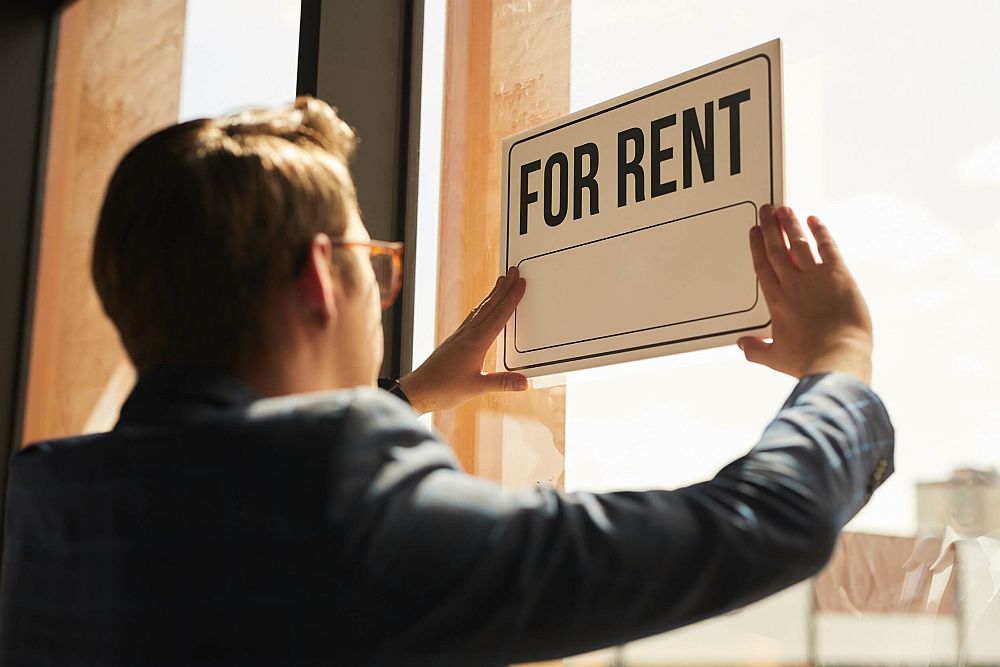6 Ways a Lease Agreement Can Impact Your Business Sale Price

6 Ways a Lease Agreement Can Impact Your Business Sale Price
When it comes to selling a business, one of the most crucial but sometimes overlooked aspects is the lease agreement. If your business operates out of leased premises, the terms of the lease can have a significant impact on the sale process, business value, and buyer interest. Here are six ways a lease agreement can affect your business sale:
1. Lease Duration
The length of time remaining on your lease is one of the first things potential buyers will examine. A lease with a long remaining term offers stability, allowing the buyer to operate in the same location for several years without the threat of relocation or renegotiation.
On the flip side, a lease that is close to expiring can introduce a level of uncertainty that may deter buyers. If the lease is set to expire within a year or two, buyers may worry about the possibility of needing to move the business or face increased rent. This can lower the overall value of the business or make it harder to sell.
The length of the lease can affect both the business’s stability and its value, especially when it comes to selling the business. Longer leases with favorable renewal terms offer more security and predictability for both the buyer and seller.
Before listing your business for sale, it may be beneficial to negotiate an extension on your lease to make the business more attractive to buyers.
2. Renewal Options
A lease that includes options for renewal is highly valuable in the eyes of buyers. Renewal options provide long-term security, allowing the new owner to extend the lease under similar terms. This reduces the risk of having to relocate or renegotiate the lease under less favourable conditions.
Without renewal options, a buyer may be forced to relocate or accept higher rent at the end of the current lease. Having solid, negotiable renewal terms is one of the best ways to secure a higher sale price for your business.
3. Rent Reviews
Most commercial leases include rent review clauses, which outline how and when rent will be increased during the lease term. Predictable, reasonable rent increases are preferred by buyers, as they allow for better financial planning and stability.
If your lease contains aggressive or unpredictable rent reviews, such as large jumps based on market rates, it could turn off potential buyers. Rent reviews that are based on a clear formula or tied to a small percentage increase are much more attractive and can help maintain the value of the business.
4. Transferability
When selling a business, the ability to transfer the lease to the buyer is critical. Lease agreements that have strict assignment clauses or restrictions on transferring the lease can complicate the sale process. Some landlords may have the right to refuse the transfer or impose new terms on the buyer, which can be a major red flag for buyers.
Having a lease that allows for a smooth transfer of tenancy can significantly increase the attractiveness of your business to potential buyers. Review your lease carefully before putting your business on the market to ensure there are no obstacles to transferring the lease.

5. Location Security
The location of a business is often a key selling point, especially for retail, hospitality, and service-based businesses. A secure lease provides buyers with the confidence that they can continue operating from the same location without the risk of being forced to move.
In major shopping centres, businesses may be required to relocate, such as moving from a spot near the food court to another level. This can significantly impact foot traffic and, consequently, sales performance.
If your lease is nearing its expiration, or if there are clauses that allow the landlord to terminate the lease early, this could negatively impact the value of your business. Buyers want assurance that they can rely on the current location as part of the business’s future success.
6. Bond Payments
When purchasing a business that operates from leased premises, the buyer may be required to pay a bond, typically equivalent to three months’ rent. This bond acts as security for the landlord, ensuring that the new tenant will fulfil the lease obligations.
The amount is usually held in trust and may be refundable at the end of the lease, provided all terms have been met. Buyers need to factor in this bond as part of the upfront costs when purchasing the business.
It’s a good idea the seller is aware of the bond requirements and has a conversation with the landlord so they are prepared for these questions during negotiations with the buyer.
So How Can You Prepare?
A lease agreement could be a key factor in determining the value of your business. Buyers want security, stability, and predictability when taking over a business, and a strong lease can provide that. Conversely, a lease that is nearing expiration or contains unfavourable terms can deter buyers and lower the business's sale price.
Business owners looking to sell should review their lease agreements well in advance of listing the business to ensure that it aligns with buyer expectations and maximizes the business’s value.
How to Get Assistance
When selling your business, its a good idea to speak with a commercial lawyer who can review the terms of the lease, including transferability, rent review clauses, and renewal options, to ensure there are no legal issues that might deter a buyer. It will also allow you to be well prepared for the negotiation phase of selling.
Business brokers can provide insight into how the lease might impact the business’s valuation and negotiate terms with the landlord if needed. Additionally, accountants can help assess the financial implications of the lease on the sale price and future profitability.
Tags: selling exit strategy tips small business
About the author

Vanessa Lovie
CEO Bsale Australia
Vanessa is the current manager and CEO of Bsale Australia. Over the past 11 years as a business owner, she understands what it takes to grow a ...









